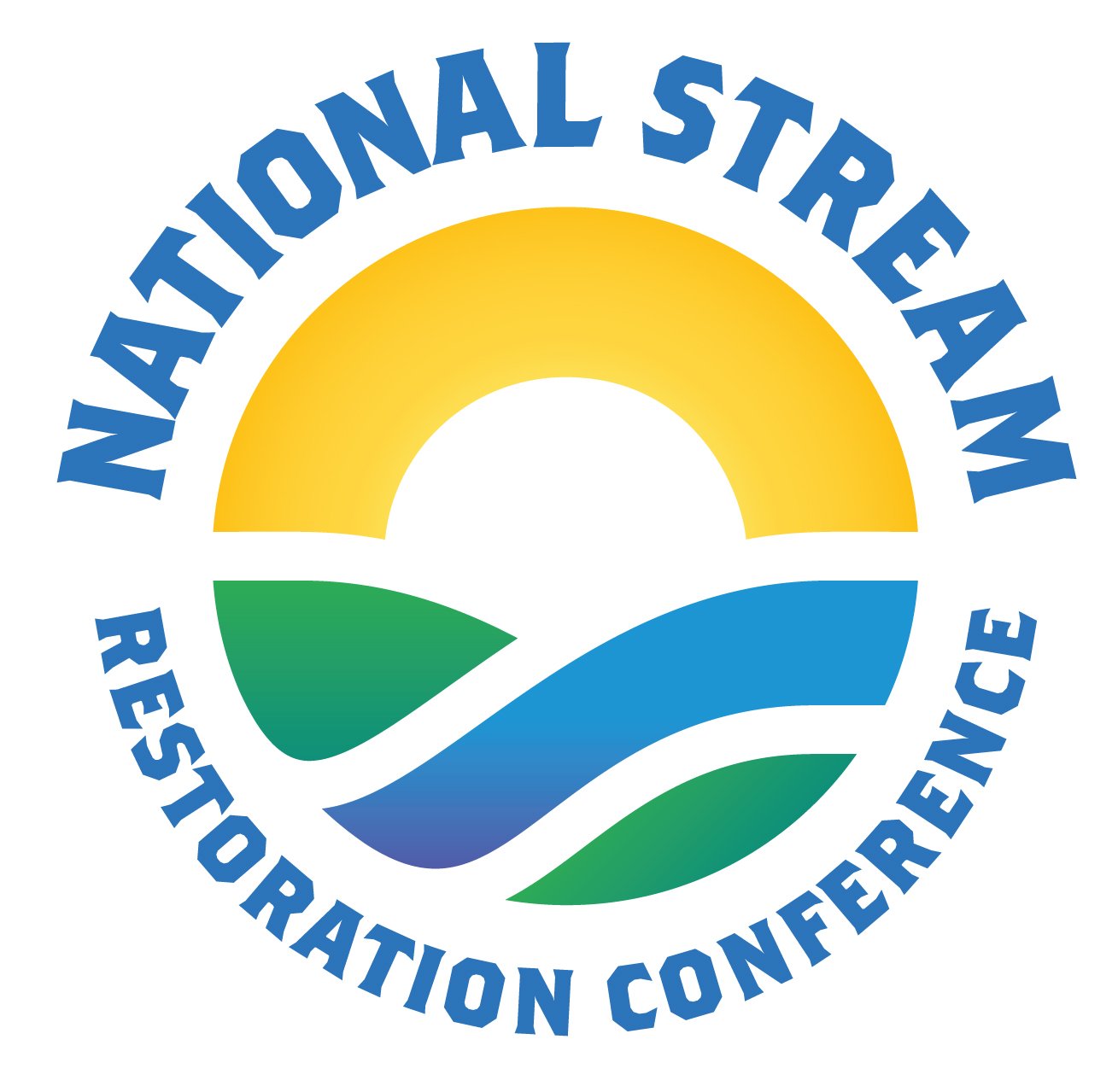Building Diverse Partnerships to Facilitate Species Resiliency Through Aquatic Organism Passage
Julie Butler
US Fish & Wildlife Service
Essex Junction, Vermont
Current climate predictions for the next half-century in the Northeastern United States portend increasing hurdles to cold water fisheries recovery and persistence. One possibility for increasing species resiliency is to improve habitat quality and increase habitat accessibility by providing aquatic organism passage (AOP) for species of concern. Habitat restoration and AOP projects are heavily dependent upon collaboration among federal, state, local, and non-profit entities due to high project costs and challenges associated with landowner buy-in. In Vermont, the USFWS has focused on brook trout and land-locked Atlantic salmon conservation, engaging at a watershed level to develop partnerships whose objectives include identifying partner interests and resources, identifying priority sub-watersheds, conducting habitat and barrier assessments, and, ultimately, identifying and implement priority barrier and habitat restoration projects. Pooling both monetary and technical resources allows aquatic habitat connectivity and restoration projects to move forward where they might otherwise flounder. Improving species resiliency to climate change will require a collaborative effort and will benefit all stakeholders, aquatic organisms and humans alike.
About Julie Butler
Julie Butler is a Fish Biologist focusing on habitat restoration and aquatic organism passage (AOP) with the U.S. Fish & Wildlife Service based in Vermont. Her position focuses on building partnerships with state, federal and local partners with the shared goal of improving habitat connectivity and water quality by removing dams and replacing undersized culverts. Barrier removal projects are multi-year projects that require multiple partners to move through to completion or implementation.
Previously, Julie held a position with the Utah Division of Wildlife Resources as a Fish Biologist focused on the monitoring and recovery of four endangered fish species in the Upper Colorado River Basin. The work was part of a concerted effort to restore Colorado Basin native species and was facilitated by the Upper Colorado River Endangered Fish Recovery Program, a collaborative partnership composed of water users, indigenous tribes, conservation groups, state agencies and federal agencies. The work in Utah and neighboring states emphasized the importance of habitat restoration as a factor in aquatic species recovery and the importance of collaborative partnership spanning large-scale species distributions.
Julie lives in Underhill, Vermont with her husband, their son, one dog, two cats, a handful of chickens and one obnoxious rooster. She loves to be outdoors gardening, hiking, boating, swimming and adventuring.

